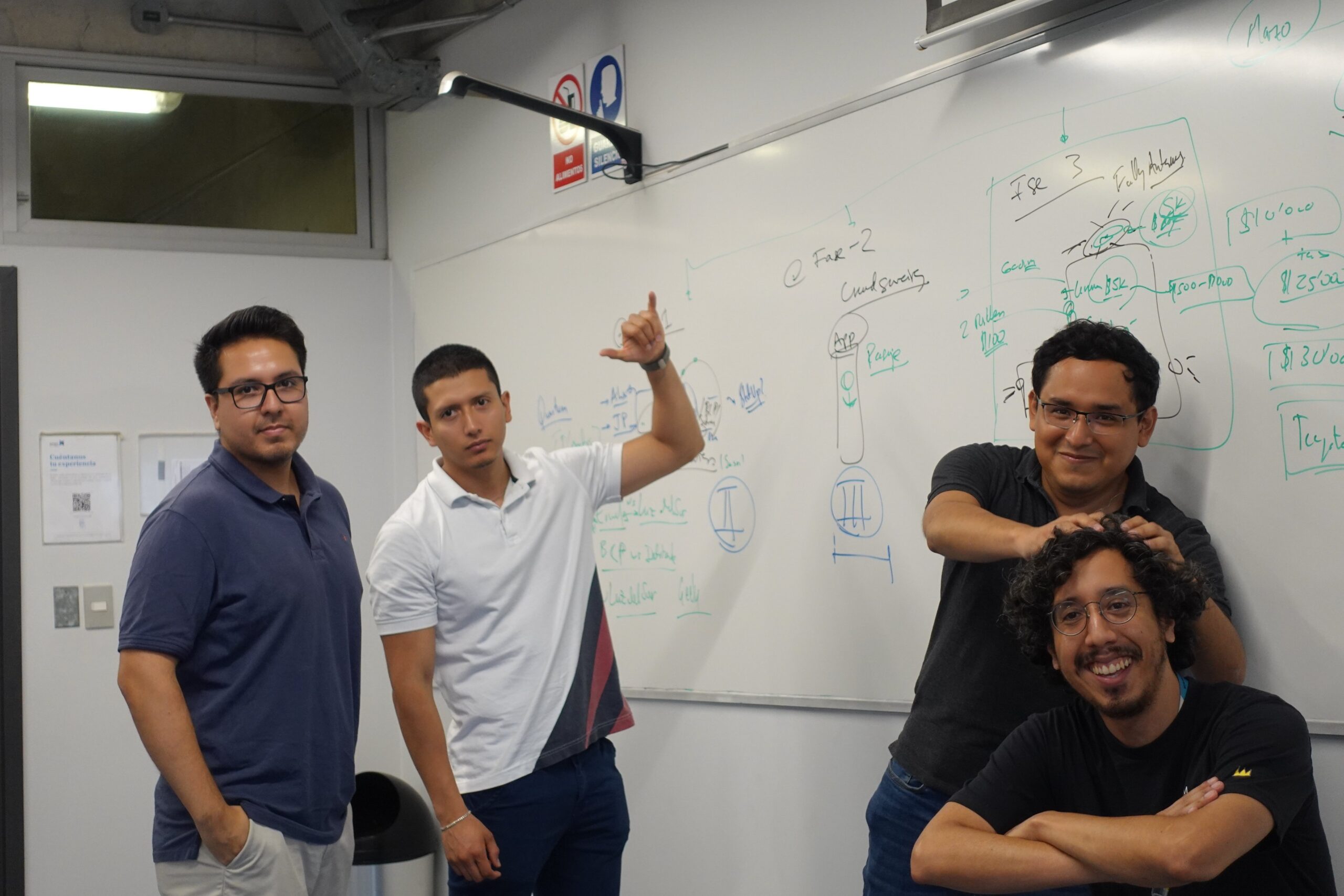
Por Contxto
June 6, 2024
Artificio, founded by Arturo Deza, a former MIT postdoctoral researcher and current professor at Lima’s University of Engineering and Technology (UTEC), aims to improve autonomous vehicle (AV) performance in complex conditions. Despite significant investments, companies like Google’s Waymo, Tesla, and General Motors’ Cruise have faced setbacks, with many AV firms downsizing or shutting down.
Artificio focuses on testing AVs in challenging environments, such as Lima, named Latin America’s worst traffic city by TomTom. Deza attributes AV failures to overconfidence in artificial vision systems, which struggle in unpredictable scenarios. Artificio’s recent study highlights two main issues: the lack of understanding of out-of-distribution stimuli and the absence of high-quality benchmarks for such scenarios.
To address these issues, Artificio collects data in various Peruvian cities using dash cams and GoPro cameras. Deza believes training AVs with data from chaotic environments like Lima will improve their performance globally. Artificio uses Adversarial Training, exposing AV systems to adverse and uncommon data to enhance their resilience.
Artificio’s Neural AI technology aims to optimize object classification using minimal data and resources. Unlike models like Detectron2 or YOLO, Artificio’s approach seeks cost-effective and ethical data handling. The goal is for AVs to identify and resolve object conflicts in real-time by querying their database of classified objects.
Artificio plans to commercialize its platform, allowing students and engineers to evaluate their models via a web application. Additionally, the startup will incorporate LIDAR sensors into vehicles in Peru to further enhance its data platform. Deza envisions a future where autonomous cars operate globally by 2030, though he acknowledges the challenges ahead due to high costs and slow adoption.

Por Stiven Cartagena
December 4, 2025
Por Contxto
July 23, 2024